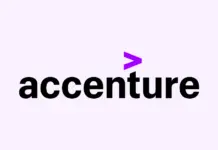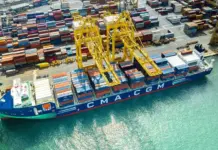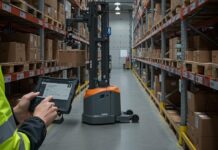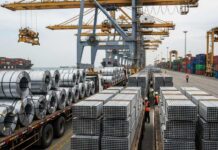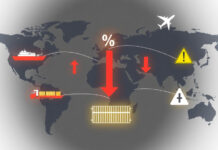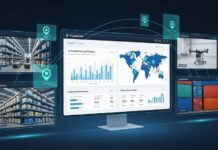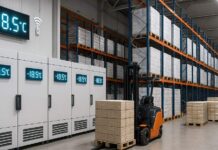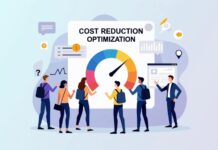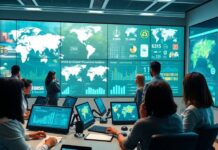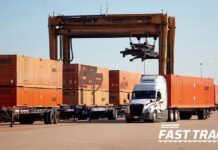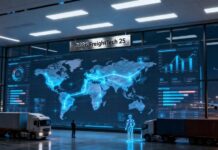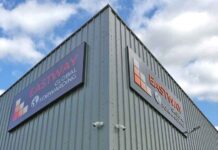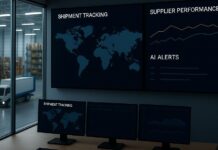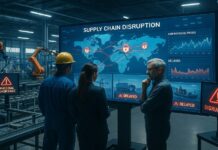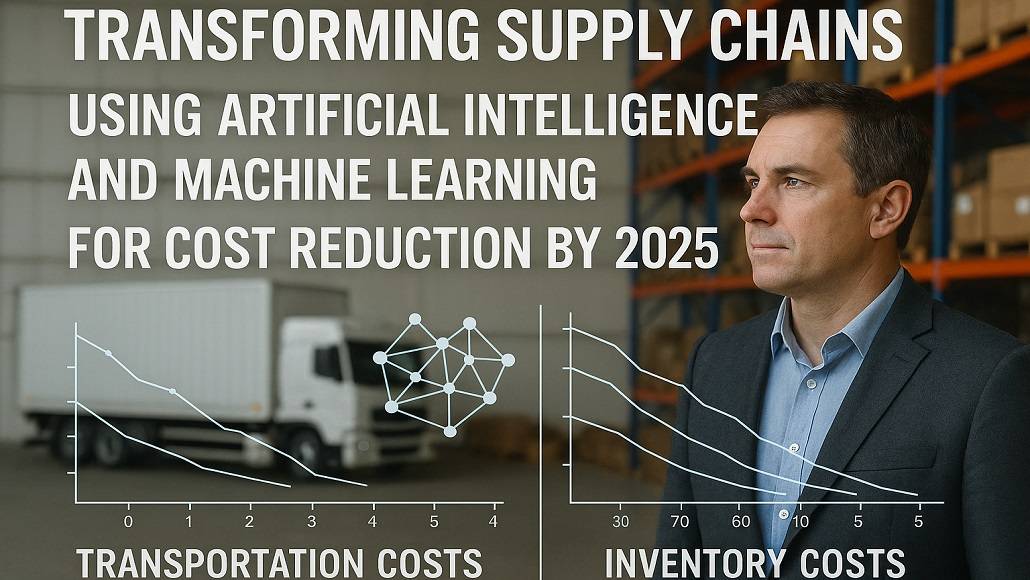This podcast discusses how supply chain optimization and cost reduction strategies are evolving to meet the challenges of 2025. As global competition intensifies, businesses are adopting advanced technologies, sustainable practices, and strategic collaborations to streamline operations, reduce expenses, and maintain quality.
Listen to the Podcast:
Here are some key takeaways about how supply chains are transforming:
- Advanced Data Analytics and Predictive Forecasting:
- Using big data, companies can anticipate future demand by analyzing historical trends and patterns. This predictive approach enables better inventory management by minimizing stockouts and overstock, reducing holding costs, and boosting customer satisfaction.
- Real-Time Monitoring and Agile Decision-Making:
- Real-time data tracking across all supply chain stages allows companies to identify bottlenecks and disruptions promptly. Monitoring KPIs such as delivery status and inventory levels helps businesses respond swiftly, ensuring smooth and efficient logistics.
- AI-Driven Process Optimization:
Artificial intelligence automates routine tasks, forecasts workloads, and optimizes supplier management. AI tools enhance productivity by identifying trends, reducing operational costs, and enabling employees to focus on strategic initiatives, making supply chains more agile and robust. - Automation and Robotics in Warehousing and Logistics:
Robotics improves warehouse efficiency by speeding up picking, packing, and sorting, while reducing errors and labor costs. Autonomous vehicles and drones are emerging to lower transportation costs, optimize routes, and reduce carbon footprint, revolutionizing last-mile delivery. - IoT and Smart Technologies for Visibility:
IoT sensors provide real-time data on asset location and condition, enabling proactive management and reducing risks from delays or damages. The integration of IoT leads to more responsive and cost-effective supply chains. - Sustainable Supply Chain Practices:
Eco-friendly packaging, energy-efficient transportation, and waste reduction through circular economies are key sustainability initiatives. These practices not only reduce environmental impact but also generate cost savings and meet growing consumer demand for responsible business. - Diversified and Resilient Supplier Networks:
Engaging suppliers from various regions mitigates risks from geopolitical tensions and natural disasters. Building strong, transparent relationships and evaluating suppliers for sustainability and compliance further enhances supply chain stability and efficiency.
To sum it up, this podcast shows that leveraging data analytics, AI, automation, sustainability, and supplier diversification will be critical strategies for resilient and cost-effective supply chains in 2025. Companies integrating these innovations will improve operational efficiency, reduce costs, and deliver superior value to customers and stakeholders.
Download Podcast:
You can download the podcast directly
Additional Resources:
For more details on Transforming Supply Chains for Cost Reduction by 2025, check out the original article:
Future of Supply Chain: Strategies for Cost Reduction by Supply Chain Informs.


